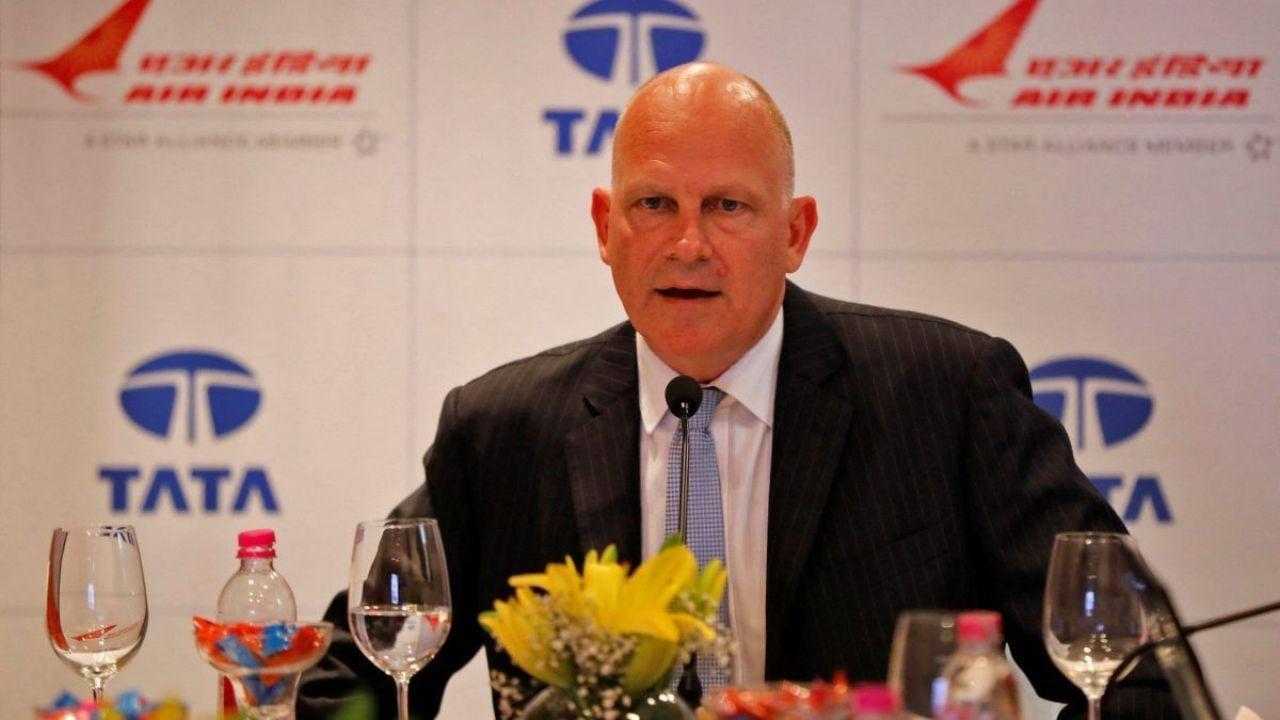
Post by : Avinab Raana
Photo : X / ThePrintIndia
CEO Speaks on Operational Incidents
Air India CEO Campbell Wilson recently spoke on a series of operational incidents, emphasizing that the airline’s event rate is within normal parameters for a carrier of its size. With over 1,200 daily departures across Air India Group operations, including Air India Express, Wilson stressed the importance of contextualizing these events rather than sensationalizing them.
Scale Brings Visibility
Wilson explained that the sheer scale of Air India’s operations inevitably leads to higher visibility of incidents. Routine operational issues—delays, technical checks, or minor disruptions—can appear amplified in media coverage, but they are consistent with international benchmarks for airlines of similar size and reach.
Transparency as a Core Value
A central theme in Wilson’s statement was transparency. He insisted that Air India aims to maintain open lines of communication with passengers, employees, and regulators. By sharing accurate and timely information, the airline seeks to foster trust while avoiding misunderstandings that can arise when isolated events are reported out of context.
Strengthening Customer Confidence
In response to recent challenges, Air India has launched a dedicated e-voucher program to enhance passenger confidence. Frontline staff can currently issue vouchers directly to affected travelers, providing immediate assistance for delays or inconveniences. Plans are underway to extend this authority to cabin crew, allowing resolution during flights, a move that reinforces customer-first policies.
A Cultural Shift in Operations
Wilson framed these initiatives as part of a broader cultural shift at Air India. The airline is emphasizing employee empowerment, giving staff the tools and authority to act decisively in the interest of passengers. This operational philosophy reflects a modern approach to service management, blending efficiency with human judgment and responsiveness.
Lessons From Past Incidents
Following the June 12 accident involving a Boeing 787 Dreamliner on the Ahmedabad–London Gatwick route, which tragically claimed 260 lives, Air India has taken steps to recalibrate its operations. Wilson highlighted ongoing measures to enhance aircraft reliability, bolster crew training, and review operational procedures to prevent future incidents.
Prioritizing Safety Above All
Safety remains Air India’s top priority. Wilson reiterated that every operational decision is made with passenger and crew safety as the guiding principle. The airline continues to invest in advanced monitoring systems, predictive maintenance, and rigorous inspection schedules, ensuring that aircraft meet the highest standards before takeoff.
Crew Training and Development
Enhancing crew skills is a key component of Air India’s safety strategy. Wilson described intensive training programs aimed at improving situational awareness, emergency response, and technical proficiency. These initiatives are designed to equip pilots, cabin crew, and ground staff with the expertise needed to handle diverse operational scenarios efficiently and safely.
Operational Resilience Through Technology
Air India is also leveraging technology to strengthen operational resilience. Advanced scheduling tools, predictive analytics, and real-time monitoring systems allow the airline to anticipate issues and respond proactively. These technological investments are crucial for maintaining high service standards while minimizing disruptions across a complex network of daily flights.
Rebuilding Public Trust
The airline’s leadership recognizes the importance of public perception in the wake of high-profile incidents. Wilson emphasized that restoring confidence requires consistent transparency, visible safety measures, and responsive customer service. By implementing systematic improvements and communicating effectively, Air India aims to rebuild trust among travelers and stakeholders alike.
Managing Media and Perception
Wilson acknowledged that media coverage of incidents can often create a distorted sense of frequency or severity. The airline is adopting proactive communication strategies to ensure accurate reporting and provide context for operational events. This approach helps passengers understand the scope of incidents and reassures them of Air India’s commitment to safe operations.
Passenger-Centric Innovations
The e-voucher program represents just one aspect of a broader commitment to passenger-centric service. Additional initiatives under consideration include digital feedback platforms, real-time notifications, and enhanced in-flight support. These measures reflect a proactive approach to addressing passenger concerns and improving the travel experience.
Fleet Management and Maintenance
Air India is undertaking a comprehensive review of its fleet management practices. This includes rigorous inspection schedules, preventive maintenance programs, and ongoing investment in technology to monitor aircraft health. Wilson emphasized that these measures ensure operational reliability and reduce the likelihood of technical disruptions that could affect service.
Lessons in Crisis Response
The June 12 incident served as a catalyst for refining crisis response protocols. Wilson noted that the airline has strengthened coordination between operations, maintenance, and customer service teams. This integrated approach allows the airline to respond quickly to unexpected events while maintaining safety and minimizing passenger inconvenience.
Enhancing Employee Engagement
Employee engagement is central to Air India’s operational philosophy. By empowering staff at all levels, the airline fosters a sense of ownership and responsibility. Wilson highlighted initiatives such as leadership workshops, performance incentives, and recognition programs designed to motivate employees and enhance service quality.
Aligning With Global Standards
Air India’s operational and safety practices are being benchmarked against international standards. By aligning training, maintenance, and procedural protocols with global best practices, the airline ensures that its operations meet or exceed industry norms. This alignment reinforces confidence among passengers, regulators, and international partners.
Continuous Improvement Culture
A culture of continuous improvement underpins Air India’s operational strategy. Lessons learned from incidents, routine audits, and passenger feedback are integrated into operational procedures. Wilson emphasized that the airline treats every incident—minor or major—as an opportunity to enhance systems, processes, and training.
Strategic Focus on Safety and Reliability
Wilson reiterated that safety and reliability are not just operational priorities but strategic imperatives. Maintaining consistent performance strengthens the airline’s competitive position, enhances passenger satisfaction, and supports long-term growth under Tata Group ownership.
Reinforcing Passenger Relationships
Building strong passenger relationships is central to Air India’s vision. Through initiatives like the e-voucher program, real-time communication, and improved in-flight support, the airline seeks to demonstrate responsiveness and care. These measures foster loyalty, enhance reputation, and reinforce the airline’s commitment to service excellence.
Transparency in Operational Metrics
Air India is taking steps to improve transparency in reporting operational metrics. By providing clear and contextual information on delays, disruptions, and safety events, the airline empowers passengers and stakeholders to understand performance accurately. Wilson emphasized that transparency builds trust and supports informed decision-making.
Preparing for the Future of Air Travel
Looking ahead, Air India is investing in technology, infrastructure, and workforce development to meet the evolving demands of global air travel. Advanced scheduling systems, predictive maintenance tools, and digital passenger engagement platforms will help the airline maintain high operational standards while enhancing the travel experience.
Commitment to Corporate Culture
Wilson stressed that all operational improvements are part of a broader cultural reset. The airline is redefining its corporate culture to emphasize accountability, responsiveness, and passenger focus. This cultural transformation supports the implementation of safety initiatives, customer service enhancements, and employee engagement programs.
Operational Excellence as a Core Objective
Operational excellence drives every initiative at Air India. From fleet management to passenger services, the airline is committed to minimizing disruptions, maintaining safety, and delivering consistent service. Wilson highlighted that excellence is measured not just in operational metrics but in passenger satisfaction and trust.
Proactive Measures in Crisis Mitigation
Air India has developed a series of proactive measures to mitigate operational crises. These include advanced monitoring systems, rapid-response teams, and integrated communication protocols. By anticipating potential challenges, the airline reduces the impact of disruptions and ensures smoother operations for passengers.
Reinforcing International Competitiveness
The focus on safety, transparency, and passenger service positions Air India as a competitive player in the global aviation industry. By adhering to high operational standards and demonstrating a commitment to continuous improvement, the airline strengthens its reputation among international travelers and partners.
Leadership and Accountability
Wilson’s approach emphasizes leadership and accountability at every level. From executive oversight to frontline staff, the airline fosters a culture where individuals are empowered to make decisions that enhance safety and customer satisfaction. This alignment of responsibility and authority ensures coherent and effective operations.
A Modernized Air India
Air India is emerging as a modernized airline that balances operational scale with passenger-focused innovation. Investments in technology, employee training, and cultural transformation reflect a strategic vision aimed at sustaining growth, enhancing safety, and rebuilding trust.
Closing: Safety, Service, and Trust
The Air India CEO’s remarks underscore a clear commitment: prioritizing airline safety, operational reliability, and passenger satisfaction. By combining technology, culture, and proactive customer initiatives, Air India is charting a path toward a future where operational incidents are managed transparently, passengers are empowered, and trust in the airline is reinforced.
Air India, Operational incidents, Airline safety


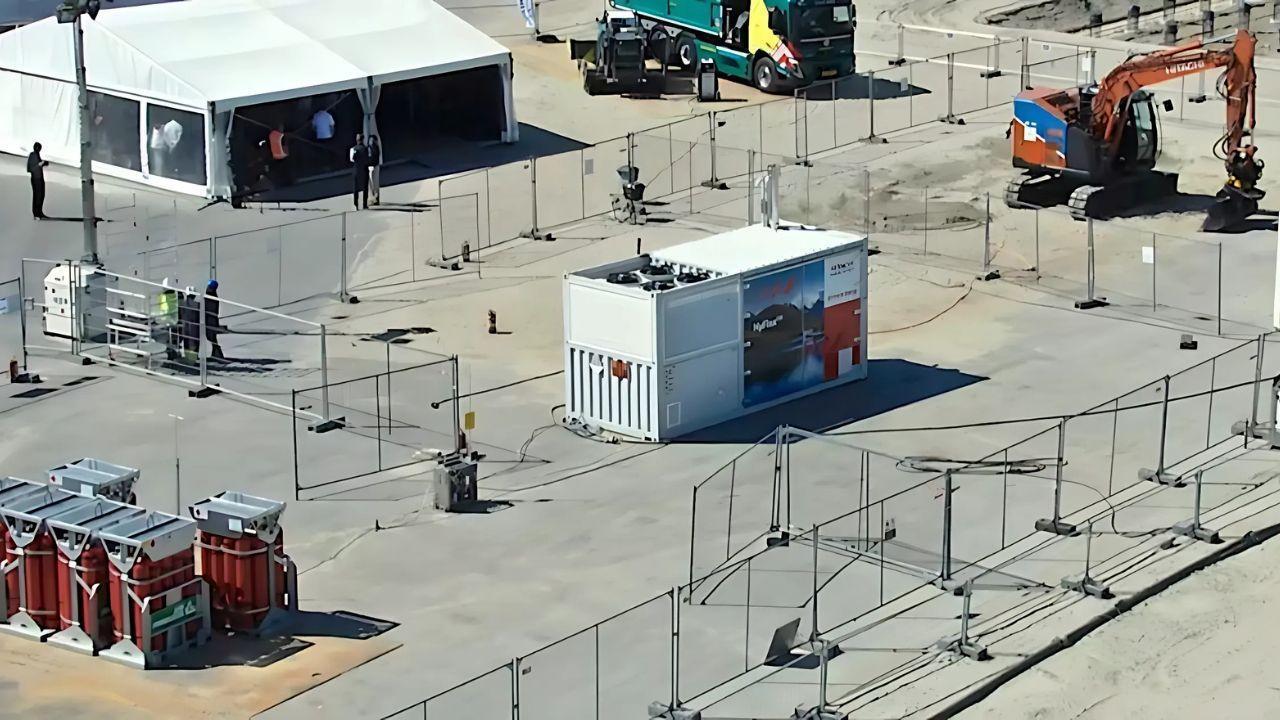


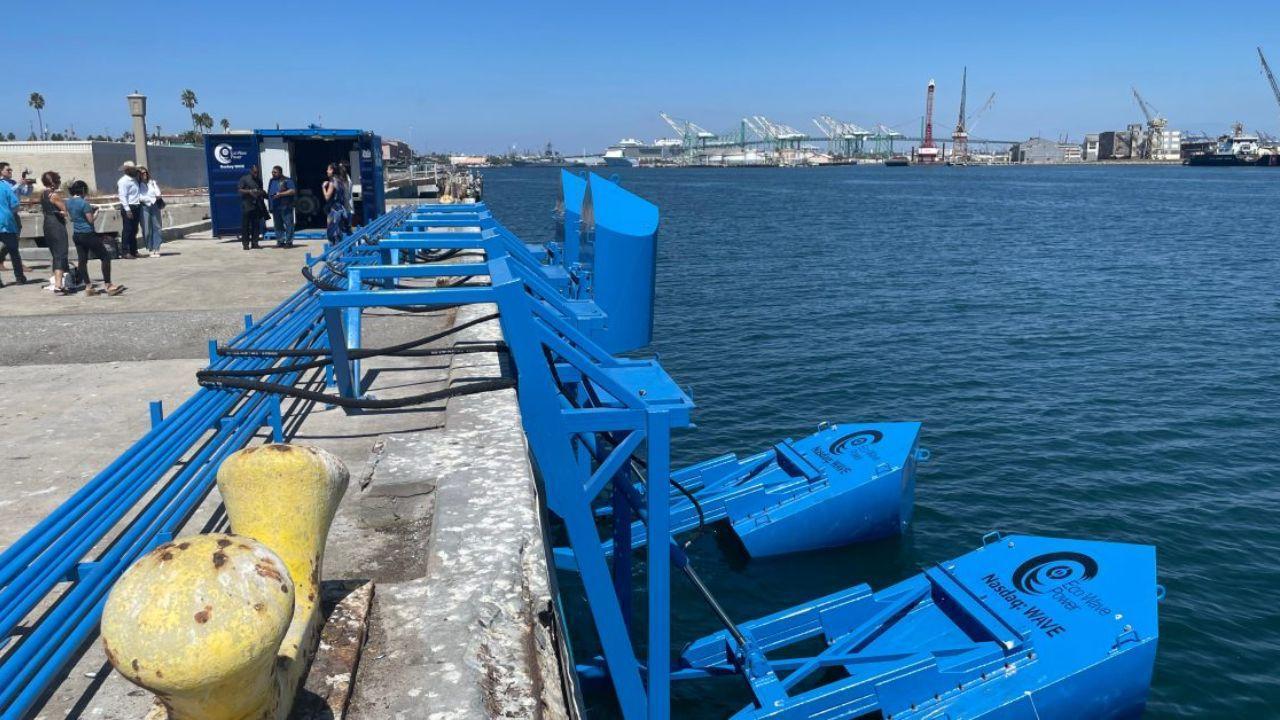

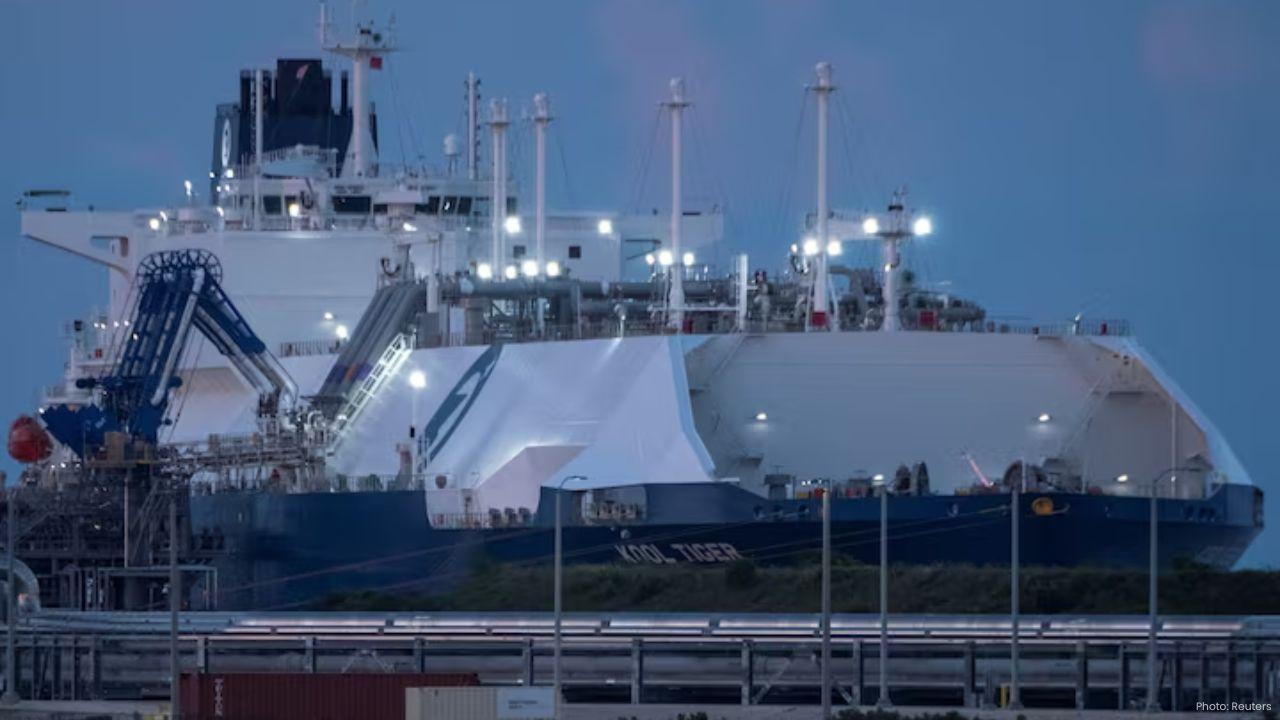

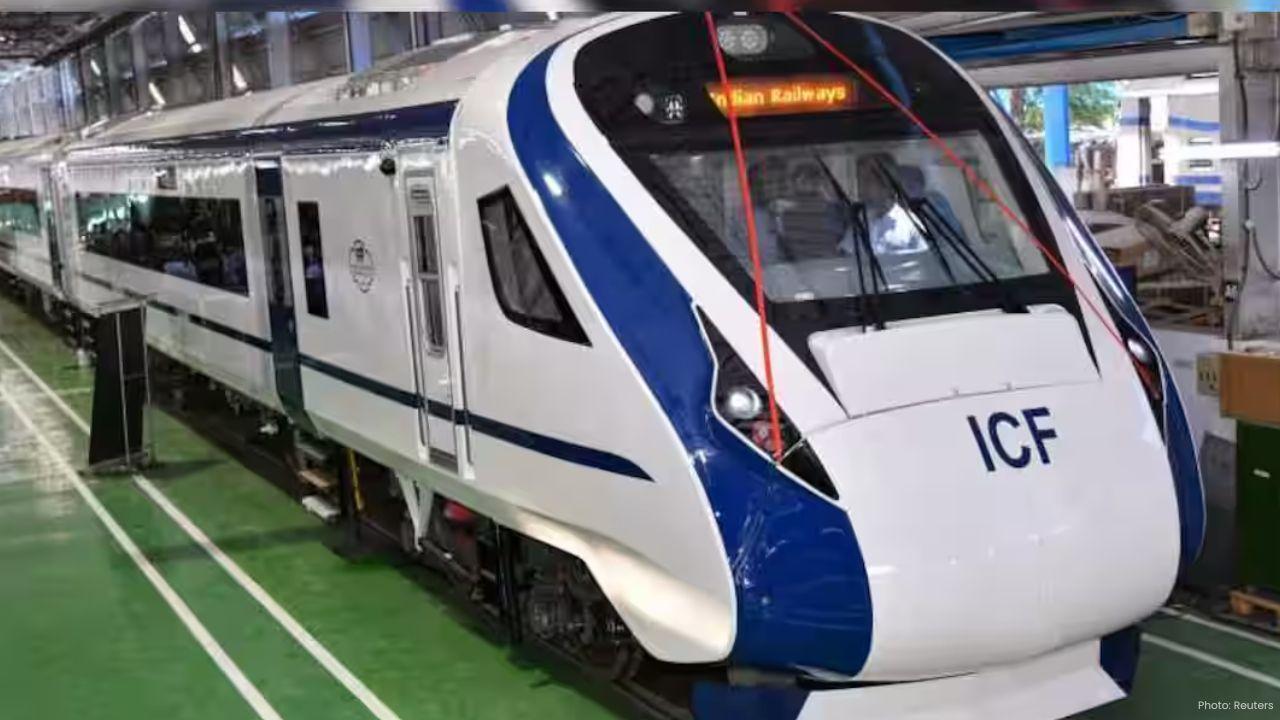
Vande Bharat Passenger’s Spitting Incident Sparks Nationwide Debate
A passenger spitting on the Vande Bharat Express floor sparks online debate on civic sense cleanline

OnTrac Introduces Ground Essentials Service for Affordable and Reliable Shipping
OnTrac launches Ground Essentials a new service offering cost-effective parcel delivery with up to 3

Breeze Airways Earns Five-Star Status as North America's Top Airline
Breeze Airways achieves a five-star rating marking it as North America's leading major airline for 2

Royal Enfield Cuts Prices on 350cc Bikes After GST Rate Reduction
Royal Enfield reduces prices on 350cc motorcycles from September 22, 2025, following GST rate cuts,

Viva ACP Boosts Bus Safety with Strong Lightweight Aluminium Panels
Viva ACP’s panels make buses safer lighter and stronger—saving energy and protecting passengers with
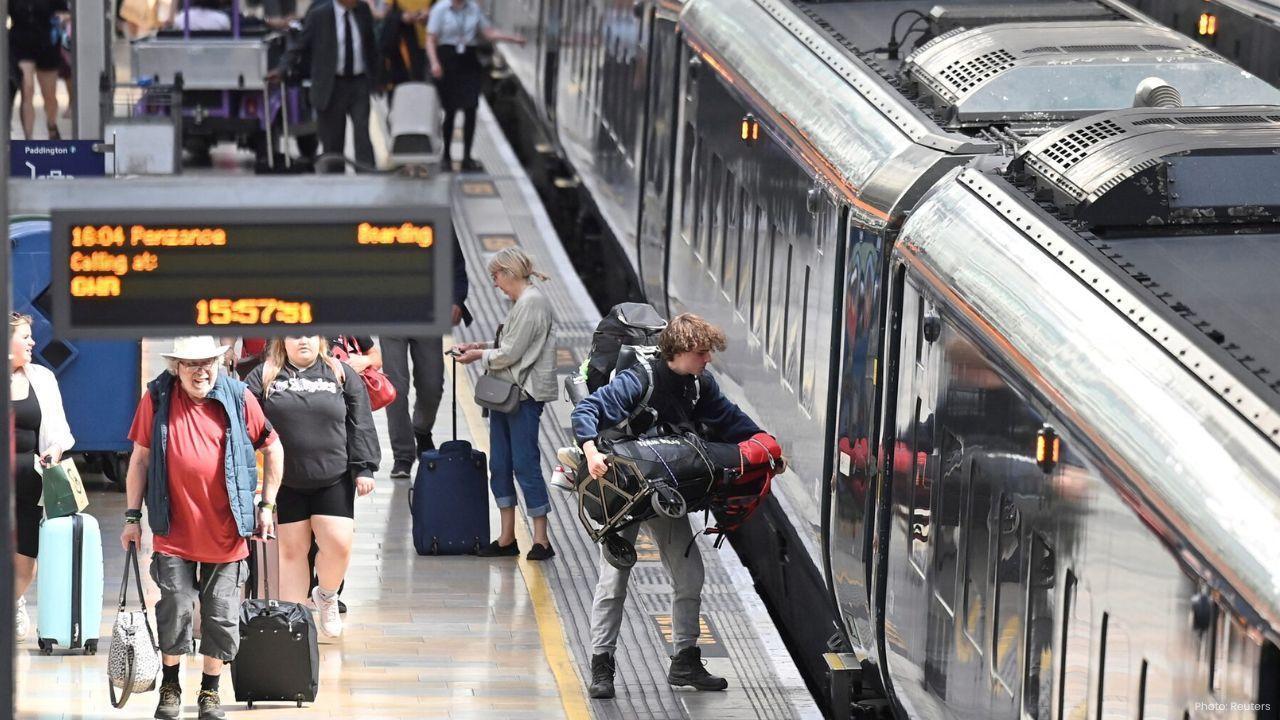
Steelpaint’s Stelcatec Coating Gets UK Rail Approval
Steelpaint’s Stelcatec coating approved by UK Network Rail for durable, fast, and effective protecti